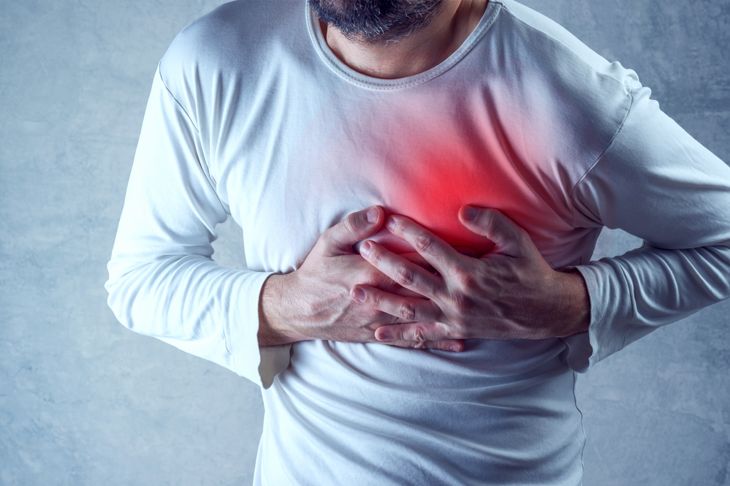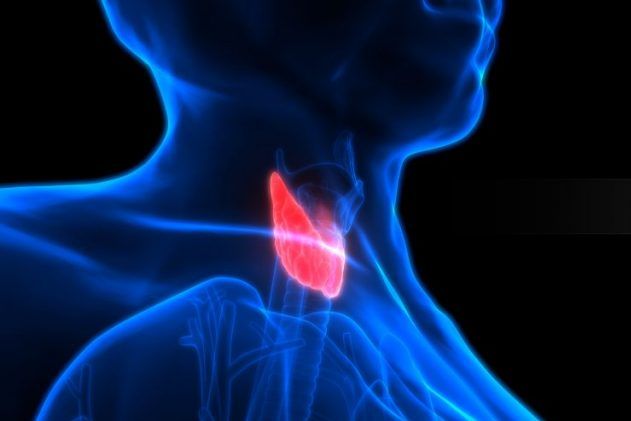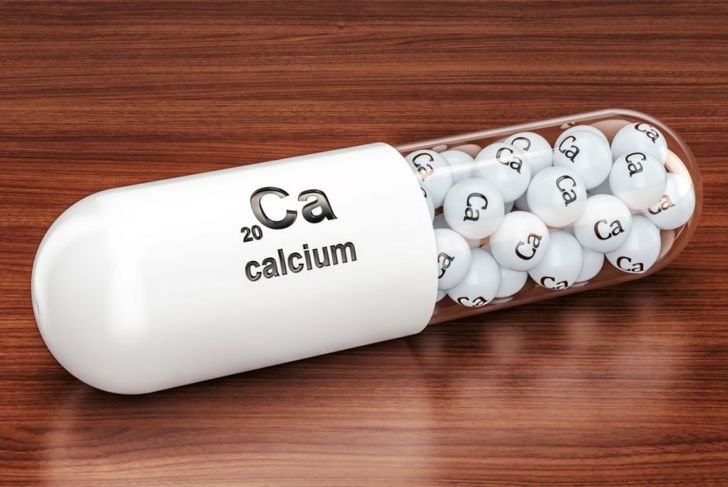Hypocalcemia, also known as calcium deficiency disease, occurs when calcium levels are too low in the plasma, the liquid part of the blood. Calcium is an important mineral necessary for helping the nerves send messages between the brain and the rest of the body. The bones require calcium to grow and stay strong. Muscle movement also requires calcium. While it may not cause any symptoms for some people, chronic hypocalcemia can lead to complications. Recognizing the symptoms when they occur is the best way to prevent complications.
Symptoms of Hypocalcemia
Hypocalcemia can be asymptomatic in the early stages. Infants with the condition may have tremors or twitching. Adults who have early symptoms of the condition may have muscle spasms, swelling of the optic disc, fatigue, low blood pressure, a pins and needles sensation in the extremities, muscle stiffness, difficulty speaking or swallowing, parkinsonism, and memory issues. Some individuals will experience mood changes such as depression, anxiety, and irritability.
Severe and Long-Term Symptoms
An individual with a severe case may experience seizures, congestive heart failure, arrhythmias (abnormal heartbeats), and voice box seizures (laryngospasms). Chronic hypocalcemia can cause dry skin, brittle nails, and eczema, which is characterized by blisters, itchiness, and redness on the skin. Osteopenia and osteoporosis may also develop. A decrease in bone mineral density is called osteopenia and can lead to osteoporosis. This condition can also cause kidney stones, cataracts, and dementia.
Complications
Hypocalcemia in the body can lead to complications when Low calcium levels are left untreated. When calcium levels are low, the body begins to pull it from the teeth. Irritated gums, weak tooth roots, brittle teeth, and tooth decay can result. Additionally, when bones release calcium into the bloodstream instead of using it themselves, this prompts osteoporosis. Kidney stones, arrhythmias, kidney failure, and nervous system problems can also develop as a result.
Risk Factors
Infants, especially those born to mothers with diabetes, are at increased risk for hypocalcemia because their bodies are not fully developed. People with magnesium or vitamin D deficiencies are at higher risk, as well. Other factors that put someone at risk for developing low calcium levels include kidney or liver failure, a history of gastrointestinal disease, and pancreatitis.
Causes of Hypocalcemia
Hypoparathyroidism is the most common cause of hypocalcemia. Intense exercise, an inadequate amount of calcium or vitamin D in one’s diet, irregular phosphate or magnesium levels, a calcium or phosphate infusion, and infection can also lead to hypocalcemia. Some medications are known to cause low calcium levels as well. Hypocalcemia can also develop due to kidney disease, constipation, diarrhea, and other gastrointestinal diseases that inhibit the body from properly absorbing calcium.
Hypoparathyroidism
Hypoparathyroidism occurs when the body produces an abnormally low amount of parathyroid hormone (PTH). PTH is responsible for maintaining a balance of phosphorus and calcium in the body. An inadequate amount of PTH results in a high level of phosphorus and a low level of calcium in the body. Symptoms of hypoparathyroidism include fatigue, painful menstruation, depression or anxiety, burning or tingling in the lips, fingertips, and toes, muscle aches and cramps, twitching, dry skin, brittle nails, and patchy hair loss.
Diagnosing Hypocalcemia
A blood test can determine how much calcium is present in the blood. If concerned, a doctor may also conduct a physical and mental exam to look for signs, looking at the patient’s skin, hair, and muscles. A mental health exam can determine if someone is experiencing confusion, hallucinations, dementia, seizures, and mood changes. A physician may also look for the presence of Chvostek’s and Trousseau’s signs; Chvostek’s presents as a twitching response when a specific set of facial nerves is tapped, and Trousseau’s sign shows up as spasms in the hands and feet that result when tissues are receiving too little blood flow. Both signs are associated with low calcium levels.
Hypocalcemia Treatment
The safest and most effective treatment is adding more calcium to one’s diet. You might find that Calcium supplements are beneficial. However, people should always consult their doctors regarding how much calcium they need before beginning a calcium supplement. Too much calcium raises one’s risk for kidney stones, cardiovascular disease, and other health issues. Calcium injections can treat individuals with severe hypocalcemia or when dietary calcium supplementation is not enough.
Home Care for Hypocalcemia
People with this condition can often treat their condition by adding foods rich in calcium, vitamin D, or magnesium to one’s diet. Calcium-rich foods include broccoli, dairy products, such as cheese, milk, and yogurt, beans, figs, fortified cereals, tofu, spinach, and soy milk. Fatty fish, such as salmon, mackerel, and tuna, egg yolks, cheese, and foods fortified with vitamin D, such as soy milk, cereals, and orange juice are good sources of vitamin D. Magnesium levels can be improved by eating avocados, Brazil nuts, almonds, cashews, tofu, legumes, pumpkin seeds, halibut, salmon, mustard greens, kale, and bananas.
Prognosis for People with Hypocalcemia
This condition is often resolved on its own. However, those with chronic hypocalcemia may need to supplement their diets with calcium-rich foods or supplements for the rest of their lives. Vitamin D and magnesium supplements may also be necessary. With proper treatment, most people can manage the condition and avoid complications.

 Home
Home Health
Health Diet & Nutrition
Diet & Nutrition Living Well
Living Well More
More




















